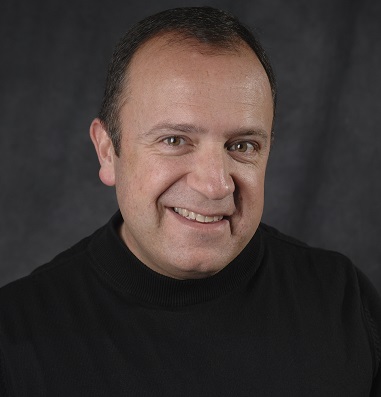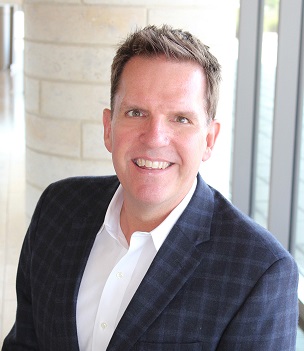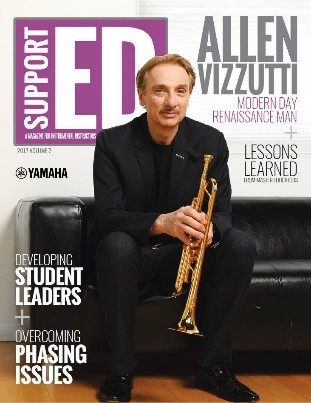
Advice from Yamaha Master Educators Kevin Sedatole and Gary Lewis
Kevin Sedatole: Only You Can Do the Music
Early on in my college teaching career, I was trying to prioritize what aspect of teaching to focus on.
I remember [Professor] John Whitwell preaching to our music education students, “Only do the things that only you can do.”
What he meant was, only you can do the music — selecting, studying and teaching. You must be able to find students, parents and patrons who will be invested in your program and rely on them to do things that are not musical. This takes a lot of educating, tutoring and monitoring, but ultimately it will pay off. It allows you to spend more time with the music, ultimately making you a better teacher.
This lesson impacted on me, and it has stayed with me. I’ve watched many of my mentors do this as they deal with students, staff and colleagues. Invest in the people you work with and let them do their work, so you can do yours.
Gary Lewis: Focus on Artistic Matters
I remember hearing [famed saxophonist/composer] Bob Reynolds talking about trying to “do only the things that only you can do.” The context was focusing on the musical aspects of being a conductor/educator and finding ways to delegate as much of the administrative work of the job as possible. There are others with the skills to do much of the “administrivia” surrounding our positions, but we as music educators are the ones who are trained to deal with the musical and artistic issues. We should try to delegate as many of the non-musical tasks as possible in order to focus our energies on artistic matters.
While this advice is helpful in dealing with the “busy work” consuming us, I also aspire to a different, more musical application of the same idea. As conductor/musicians we should focus on the things that “only we can do” while on the podium too, such as interpretive matters, musical gesture, line and architecture, etc. The musicians themselves, once we provide them with the skills, are perfectly capable of taking responsibility for the ongoing pulse.
I once heard Simon Rattle tell an orchestra, “Look, I don’t have time to do my job AND yours!” As Gustav Meier often said, “Death to the beat!” Let’s empower the musicians with whom we work to take responsibility for what they can do and free ourselves to conduct the music, not the beats.
This article originally appeared in the 2017 V2 issue of Yamaha SupportED. To see more back issues, find out about Yamaha resources for music educators, or sign up to be notified when the next issue is available, click here.











